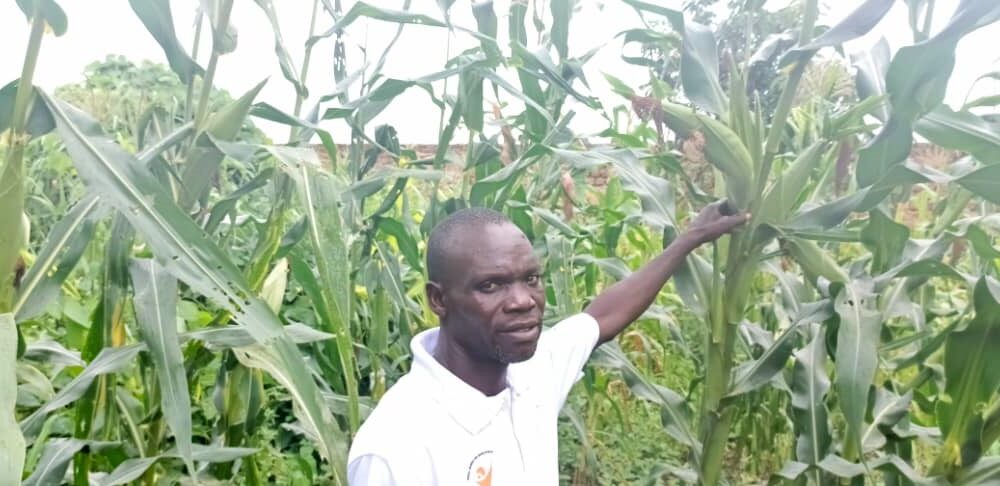By James Innocent
Members of cooperative group in Yei River County, Central Equatoria, face numerous challenges during the agricultural season, prompting a call for more training from livelihood partners operating in the county.
Batali Jackson James, a cooperative member, emphasized the need for capacity-building training to empower members with skills in agriculture and business management.
This, he believes, will help them produce higher-quality agricultural goods despite challenges like stray animal movements.
“We as cooperatives in Yei lack skills in agriculture and business management, and what we need is capacity-building training so that we can better manage our agricultural inputs despite the challenges of stray animals during the agricultural season,” James said.
Gale Ezibon Simon, the Acting Executive Director of Yei River County, echoed the call for the government and partners to provide capacity-building support to local cooperative groups.
He said this would help boost the economic status of South Sudan, which is facing high food prices in the community.
“I’m urging the government of South Sudan and the livelihood partners operating within Yei River County to provide capacity-building training to all farmers, including the cooperative groups, to boost agriculture amid the current economic situation where food is now very expensive in the local market,” Simon said.
James Loda, a member of the Loliko Farmers’ Cooperative Society under the Yei River County Cooperative Union, underlined the need for essential agricultural tools, such as hoes, axes, pangas, and even tractors, to be allocated to cooperative groups to foster competition and increase food production in Yei and South Sudan at large.
According to Lagu David Seme, the head of the unit for cooperatives and rural development, over 43 cooperative groups have been registered in Yei River County since 2008, before the conflict.
However, only 21 of these groups are currently being assessed, and only three are receiving support from partners, with the rest lacking any assessment or support.




